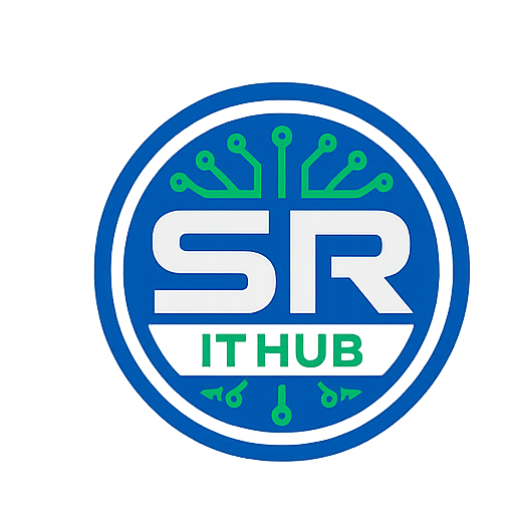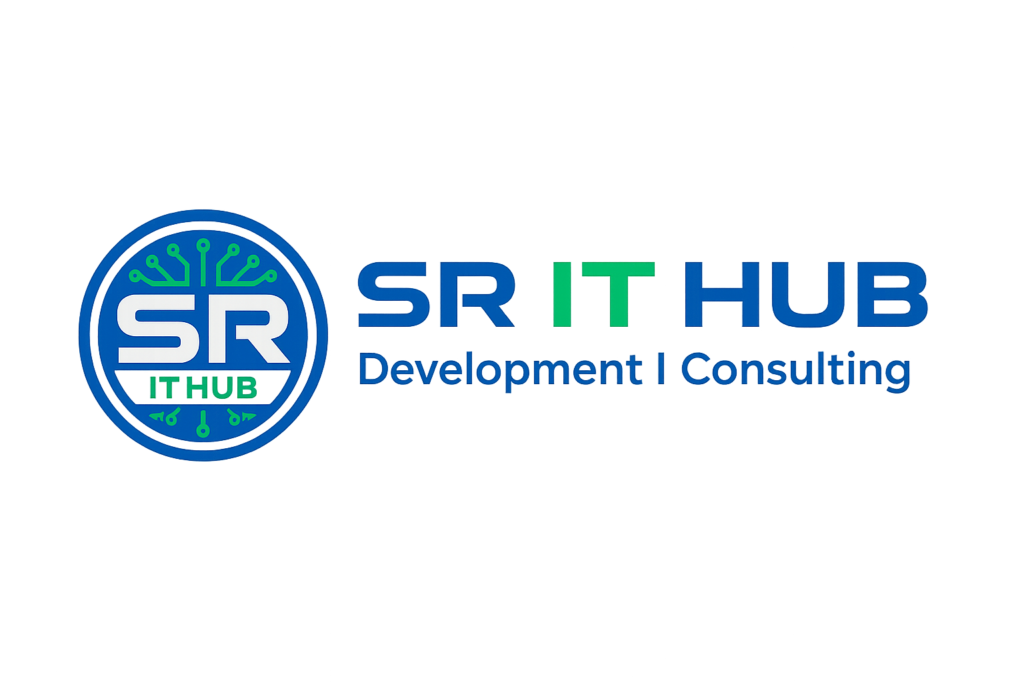ABSTRACT
Artificial Intelligence (AI) has recently advanced the state-of-art results in an ever-growing number of domains. However, it still faces several challenges that hinder its deployment in the e-government applications–both for improving the e-government systems and the e-government-citizens interactions. In this paper, we address the challenges of e-government systems and propose a framework that utilizes AI technologies to automate and facilitate e-government services. Specifically, we first outline a framework for the management of e-government information resources. Second, we develop a set of deep learning models that aim to automate several e-government services. Third, we propose a smart e-government platform architecture that supports the development and implementation of AI applications of e-government. Our overarching goal is to utilize trustworthy AI techniques in advancing the current state of e-government services in order to minimize processing times, reduce costs, and improve citizens’ satisfaction.
EXISTING SYSTEM
Man-made reasoning (AI) has as of late progressed the condition of-craftsmanship brings about a steadily developing number of areas. Notwithstanding, it actually faces a few difficulties that block its sending in the e-government applications–both for improving the e-government frameworks and the e-government-residents collaborations.
PROPOSED SYSTEM
We introduced the definitions of artificial intelligence and e-government, briefly discussed the current state of e-government indices around the world, and then proposed our solutions to advance the current state of e-government, considering the Gulf Countries as a case study. We proposed a framework for management of government information resources that help manage the e-government lifecycle end-to-end. Then, we proposed a set of deep learning techniques that can help facilitate and automate several e-government services. After that, we proposed a smart platform for AI development and implementation in e-government.
The overarching goal of this paper is to introduce new frameworks and platform to integrate recent advances in AI techniques in the e-government systems and services to improve the overall trust, transparency, and efficiency of e-government.
SYSTEM REQUIREMENTS
SOFTWARE REQUIREMENTS:
• Programming Language : Python
• Font End Technologies : TKInter/Web(HTML,CSS,JS)
• IDE : Jupyter/Spyder/VS Code
• Operating System : Windows 08/10
HARDWARE REQUIREMENTS:
Processor : Core I3
RAM Capacity : 2 GB
Hard Disk : 250 GB
Monitor : 15″ Color
Mouse : 2 or 3 Button Mouse
Key Board : Windows 08/10

